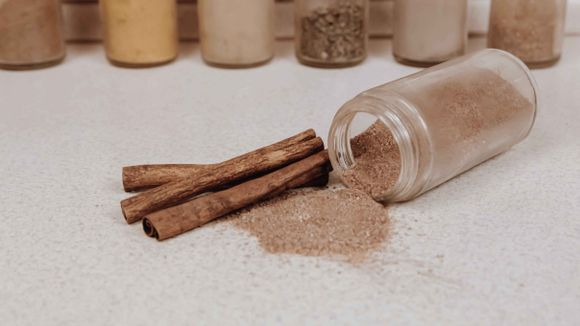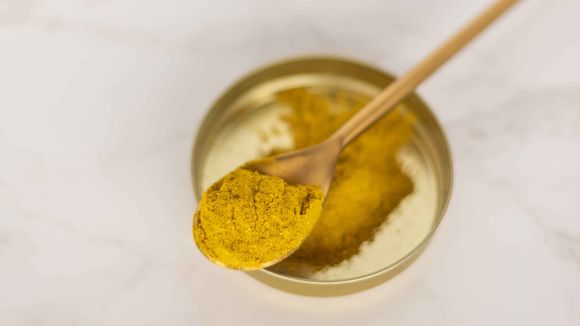How anticoagulants work
Blood thinners are drugs that help blood flow smoothly through the veins and arteries. They also protect against blood clots or, if any, from increasing them. Anticoagulants are prescribed to treat certain types of heart disease and heart defects and other conditions that may increase the risk of dangerous blood clots. [ [ref. 1] ]
Blood thinners can act in two ways. Antithrombocytes are drugs that stop cells in the blood (platelets) from clumping together and forming a clot. The formation of a blood clot, in turn, can lead to a heart attack or stroke. Aspirin is the most common antiplatelet. [ [ref. 2] ]
Some examples of anticoagulants include:
- Warfarin
- Heparin
- Dabigitran
- Apixaban
- Rivoraxaban
Some of these drugs are synthetic substances that are derived from chemicals found in natural blood thinners. Chilli, cinnamon and ginger, for example, contain powerful compounds that are used to create anticoagulants.
It is important to consult a doctor before trying natural foods, herbs or blood thinning supplements, as they may not be as effective as medicines, or may interfere with the action of certain medications.
Some foods and other substances that can act as natural blood thinners and help reduce the risk of clots, we prepared in the upcoming selection.
Ten natural anticoagulants
Turmeric
Turmeric (Curcuma) acts as a natural anticoagulant and has antiplatelet effects. A study published in BMB Reports shows that curcumin - the beneficial polyphenol in turmeric, inhibits the action of thrombin. [ [ref. 3] ] It is a protease that plays a role in blood coagulation.
Another 2019 study published in the EPMA Journal states that turmeric can help block blood clotting and recommends taking care when combining turmeric with blood thinning drugs. [ [ref. 4]
Cayenne pepper
Cayenne pepper (Capsicum annuum) contains salicylate - a natural blood-thinning agent that has been tested for its antithrombotic effects. In addition, it also contains capsaicin, which has been shown to have antihypertensive and antidiabetic properties. [ [ref. 5] ] For these reasons, chilli can be taken as capsules (a dietary supplement) to promote cardiovascular health and circulation.
Cinnamon
Cinnamon (Cinnamomum Verum), especially Cassia (Cinnamomum Cassia), is rich in coumarin. [ [ref. 6] ] This is a powerful anticoagulant that is actually used to make warfarin. However, research has shown that using cinnamon supplements for an extended period of time can be problematic and lead to liver problems. Therefore, it is always recommended to consume cinnamon as a spice to dishes or in drinks.

Ginger
Like chilli, ginger contains salicylate - a chemical that has been studied for its ability to prevent thrombosis. Studies have shown that salicylate has moderate anticoagulant properties and can prevent venous thrombosis without causing complications.
The use of ginger because of its blood thinning properties is increasingly popular, but should not be combined with taking medications, according to experts.









